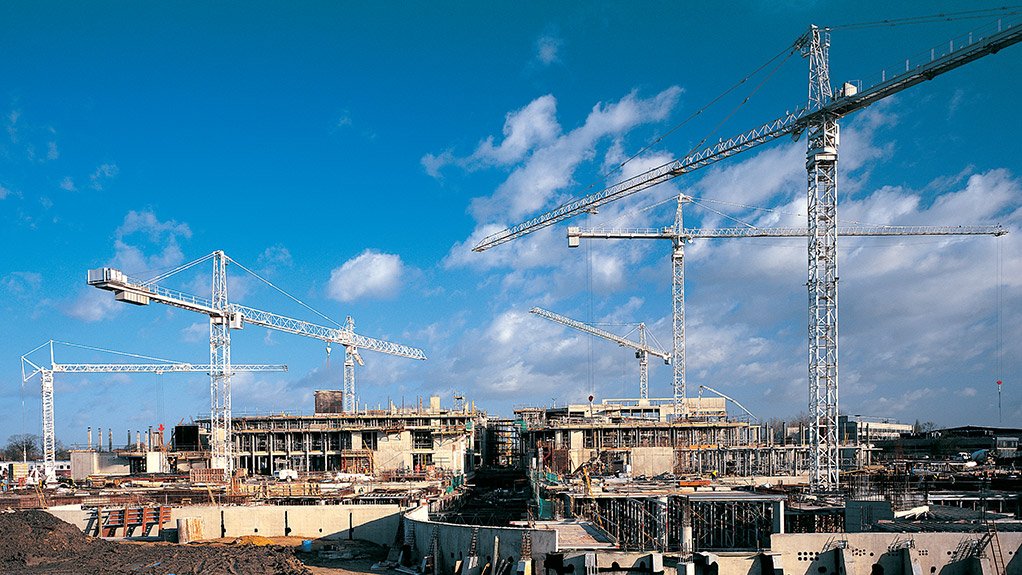Despite the “unique” risks paired with the development of Africa, such as political instability, changing government policies, complex legal regimes, volatile currencies and investment timeframe restrictions, real estate investors and developers continued to see Africa as a significant opportunity.
In its inaugural ‘Real Estate: Building the Future of Africa’ report, advisory firm PwC highlighted that global megatrends, such as rapid urbanisation and demographic changes would drive growth opportunities in the real estate industry across the continent over the next five years.
Among the findings of PwC’s report, eight drivers for growth were identified.
The first was Africa’s young population, which would drive the demand for real estate. Speaking at a media briefing in Johannesburg, PwC Africa real estate leader Ilse French noted that this was a result of the combination of urbanisation, an upcoming middle class and expected gross domestic product (GDP) growth.
“Although Africa currently represents 15% of the world’s population, but only 3% of its GDP, it is also the continent with the youngest population, with a significant portion being under 14 years old,” French pointed out.
She added that by 2025, Africa’s labour force would be larger than China’s. In 2012, the African median age was 20 years and it was expected to increase to 25 years by 2050, but still differed significantly from the current world median age of 30 years.
The report noted that, this year, the continent would have about 226-million people aged between 15 and 24 years. This number would double by 2045, which would further drive demand for housing.
The fastest growing cities would be those with populations of less than one-million inhabitants, such as Dar es Salaam, Kinshasha and Nairobi. These cities could expect population increases of up to 70% by 2025.
The second driver was industrialisation, which would continue across Africa and would be accompanied by rapid growth in the retail sector. Indications suggested that industrialisation would be funded by foreign investors, such as China. Intra-African trade and investment would also continue to be an important driver of growth.
Further, the report suggested that the export of natural resources and agricultural products would remain key sources of economic growth, but would expose certain countries to increased risk.
“The impact of natural resources on real estate development is well illustrated with the oil and gas discoveries in Mozambique. Investors acted on the opportunity, providing the infrastructure necessary to fully exploit these resources and, as a result, an entire new city [was] developed in the northern province of Cabo Delgado,” French advised.
Another key driver would be investment opportunities created by infrastructure shortages. “Doing business in Africa remains challenging as [the continent’s] infrastructure [is lagging] well behind the rest of the world, but there are regional differences,” she noted.
The biggest infrastructure investment would be in the electricity sector, with sub-Saharan Africa’s (SSA’s) current power shortage requiring a $400-billion investment. It was estimated that only 30% of Africa’s population had access to electricity.
The second-biggest investment opportunity would focus on transport, as Africa’s growing urban population would increase pressure on existing transport networks. In Ghana, road density was similar to the levels in China, while South Africa was similar to the US. The World Bank estimated that Africa’s infrastructure spending in SSA would reach $180-billion a year by 2025 at a growth rate of 10% a year.
Meanwhile, the influence of government policy and legislation on the decision to invest in Africa would increase, while continued advancement within pension funds, stock exchange and banking regimes would also facilitate investment on the continent.
The report noted that technology would impact business and building practices, as well as consumer behaviour, identifying sustainability as the eighth key driver for growth in real estate.
EMAIL THIS ARTICLE SAVE THIS ARTICLE FEEDBACK
To subscribe email subscriptions@creamermedia.co.za or click here
To advertise email advertising@creamermedia.co.za or click here











